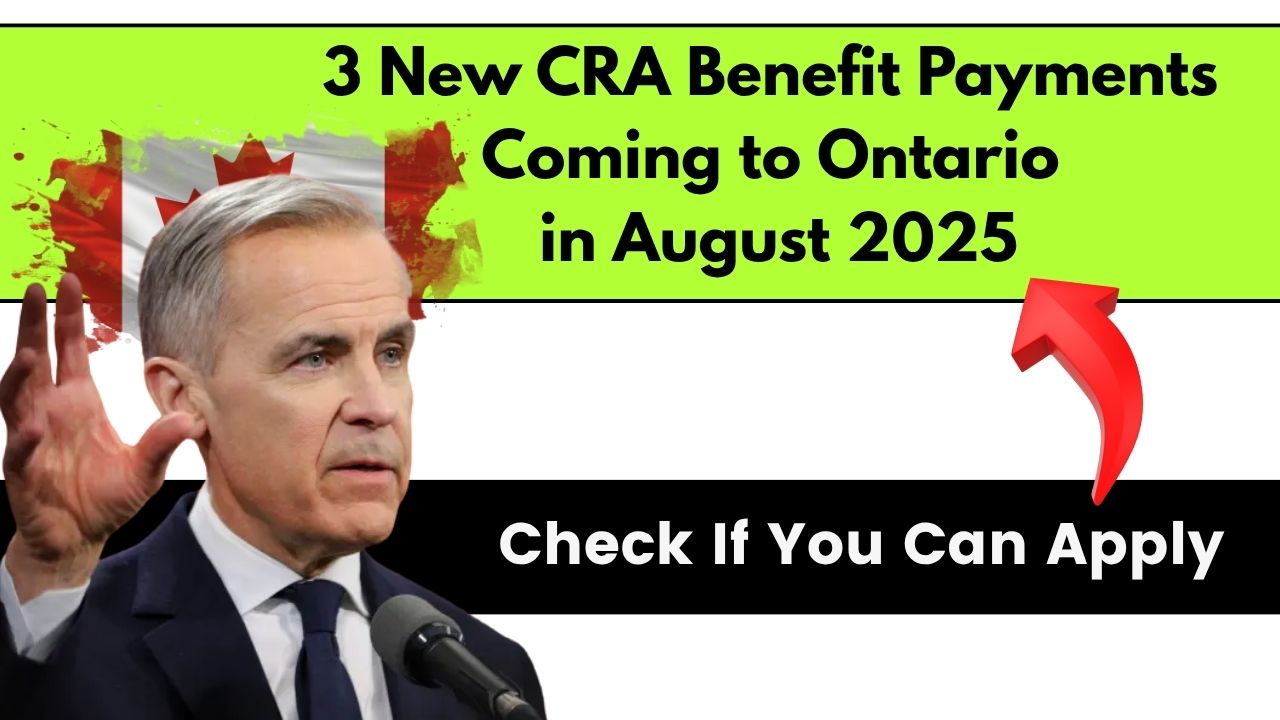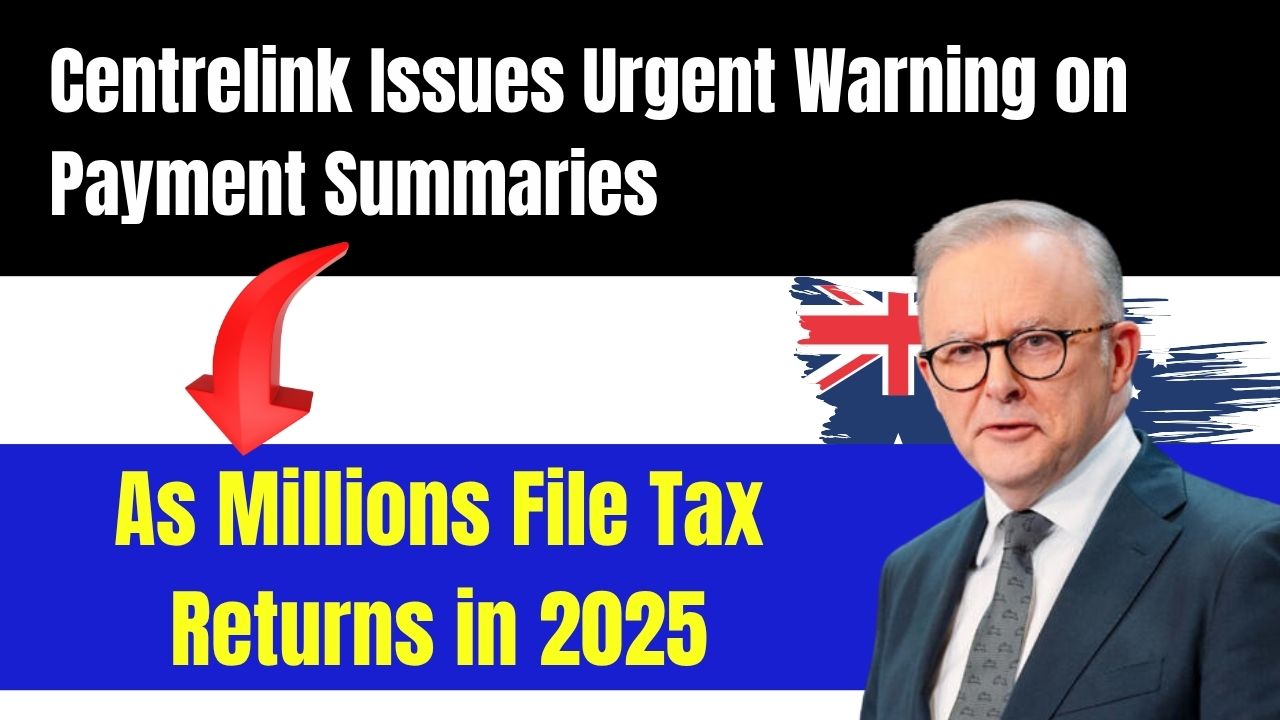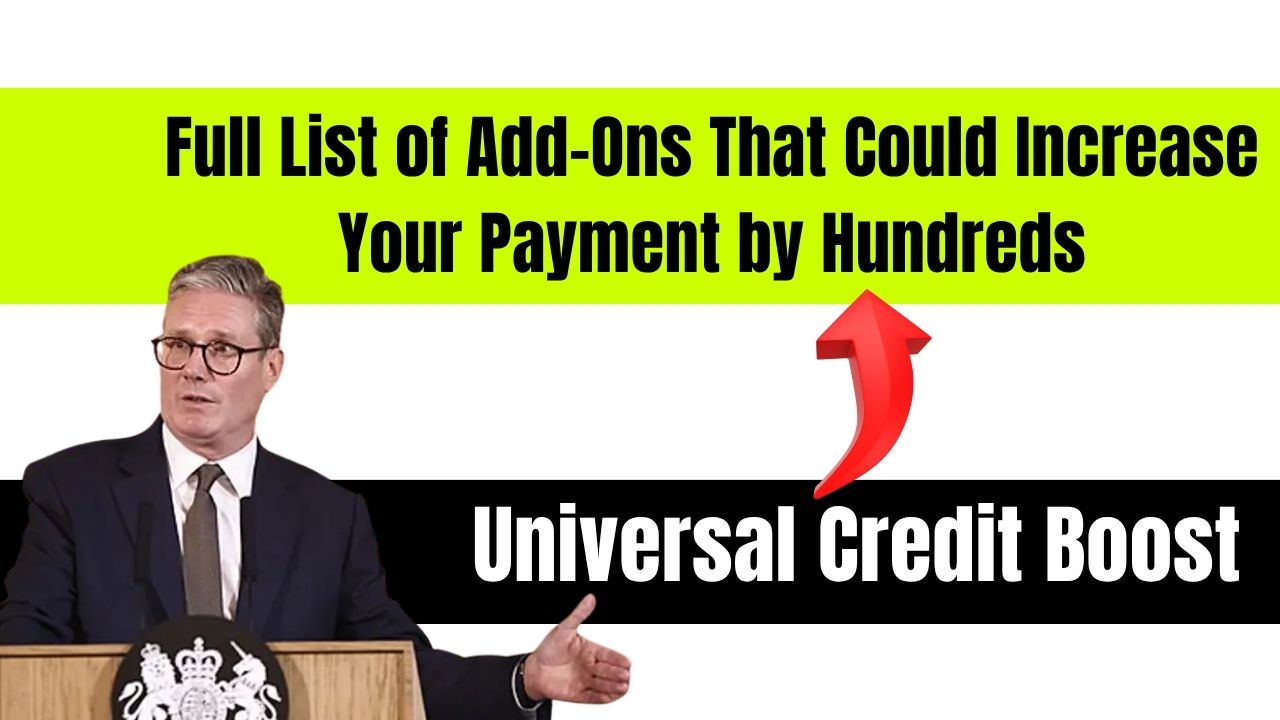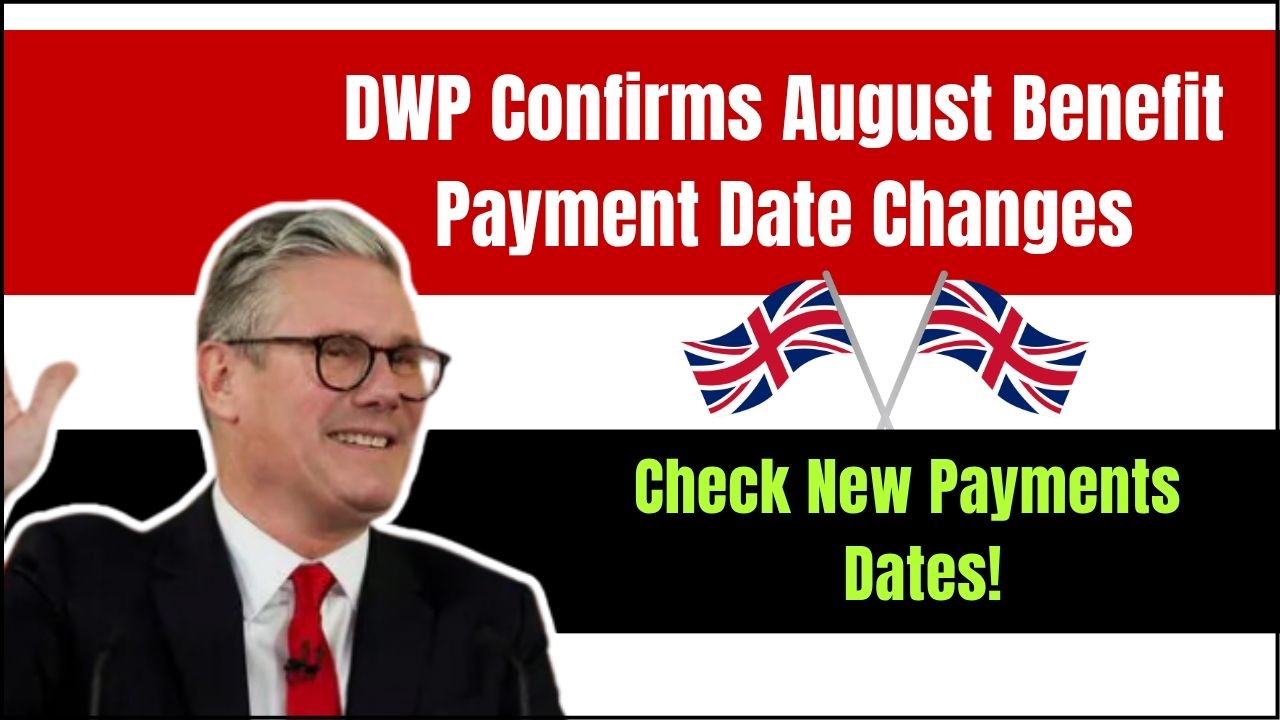The Department for Work and Pensions (DWP) in the UK is preparing to launch new powers in late 2025 that will allow it to monitor the bank accounts of certain benefit claimants. This new measure is part of the Fraud, Error and Debt Bill, aiming to tackle benefit fraud and error by verifying claimants’ eligibility more rigorously. But what exactly does this mean for millions of people on benefits, and are you among those affected?
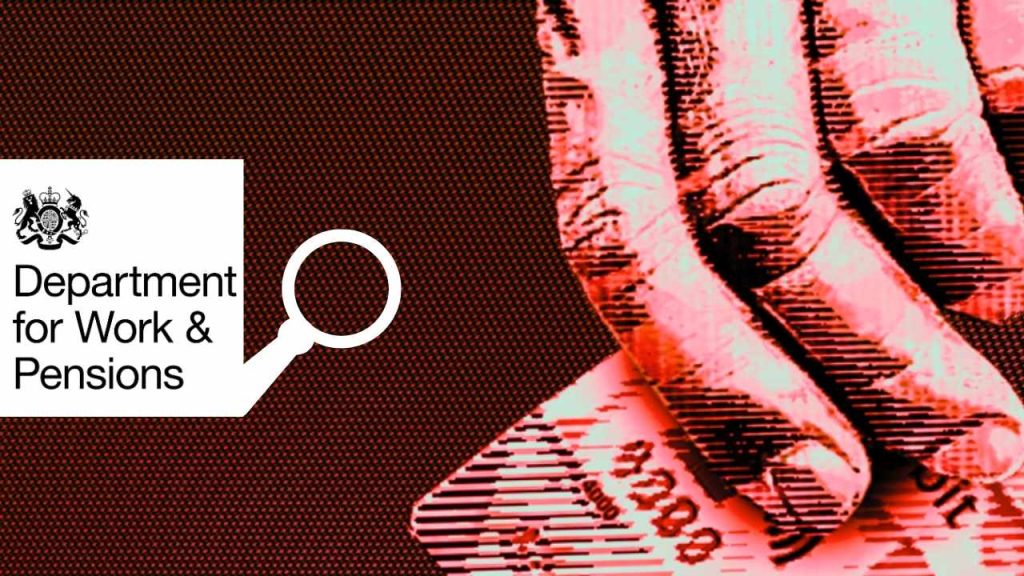
This article breaks down the DWP’s bank account monitoring powers in clear, easy-to-understand terms. It covers who will be monitored, how the process works, practical advice for claimants, privacy concerns, and what actions to take if you receive benefits. Whether you’re a benefit recipient, a professional adviser, or just curious, this comprehensive guide will help you understand the changes ahead.
What Are the New DWP Bank Account Monitoring Powers?
At the heart of this policy is the Eligibility Verification Measure. This gives the DWP the authority to request specific financial information from banks and other financial institutions about people receiving means-tested benefits such as Universal Credit.

What Information Will Banks Share?
Banks will be required to provide the DWP with certain data through an Eligibility Verification Notice. This includes:
- Account holder’s name and date of birth
- Bank account number and sort code
- Savings balance in the account
- Limited activity or transaction information relevant to eligibility (such as savings exceeding the allowable threshold), but not full transaction histories or sensitive details
One key criterion will be whether the claimant’s savings exceed £16,000, the common upper limit for eligibility to benefits like Universal Credit.
How Will the Monitoring Work?
The process follows these steps:
- Banks identify accounts of people receiving specified DWP benefits.
- They check these accounts against eligibility indicators set by the DWP (for example, savings limits).
- Accounts that meet criteria for further scrutiny get reported to the DWP.
- The DWP investigates these cases and may issue Direct Deduction Orders (DDOs) to recover any overpaid benefits by withdrawing funds directly from claimant bank accounts.
It is important to note that the DWP does not get complete access to bank accounts but only specific data relevant to verifying benefit eligibility.
Why These New Powers?
The government expects to save approximately £1.5 billion over five years by reducing fraud, errors, and overpayments in the benefits system.
The official rationale includes:
- Ensuring benefits go only to eligible people
- Reducing the amount of incorrect payments and fraud
- Increasing efficiency by directly recovering overpayments via DDOs
This initiative is described by the government as the “biggest fraud crackdown in a generation” and is scheduled for a gradual national rollout over 12 months starting in late 2025.
DWP Can Now Spy on Bank Accounts of One Group
| Feature | Details |
|---|---|
| Policy Name | Eligibility Verification Measure |
| Who is Monitored | Claimants receiving means-tested DWP benefits (e.g., Universal Credit, Housing Benefit) |
| Data Banks Provide | Name, DOB, account number, savings balance, eligibility-related transaction flags |
| Savings Limit Threshold | £16,000 |
| Rollout Period | Phased, over 12 months starting late 2025 |
| Estimated Savings | £1.5 billion over 5 years |
| Direct Deduction Orders (DDOs) | Can reclaim overpaid benefits directly from accounts |
| Privacy Restrictions | No sharing of full transaction histories or sensitive personal data |
| Population Impacted | Millions of people on means-tested benefits |
| Official Source | gov.uk Public Authorities Fraud, Error and Recovery Bill factsheet |
Starting in late 2025, the UK government’s DWP bank account monitoring scheme will mark a major shift in how benefit eligibility is verified. While designed to reduce fraud and ensure taxpayers’ money is protected, these powers raise important privacy and fairness questions.
If you are a benefit claimant, it’s essential to understand these changes and take proactive steps to manage your financial information carefully. Those not claiming benefits have no need for concern under this scheme.
Who Exactly Is Affected?
This monitoring only applies to people receiving means-tested benefits administered by the DWP. The main benefits include:
- Universal Credit
- Housing Benefit
- Income Support
If you are not a recipient of these benefits, your bank accounts will not be subject to this monitoring scheme.
Additionally, the DWP may also check accounts linked to the claimant, such as joint accounts with a partner.
What Does This Mean for Benefit Claimants?
If you receive means-tested benefits, here are some important points to keep in mind:
- Keep your savings below £16,000 if you want to remain eligible for Universal Credit and similar benefits.
- Ensure your personal details and bank information are up to date and accurate with the DWP.
- Be aware that the DWP may reclaim any overpayments via Direct Deduction Orders, which means money can be taken directly from your bank account.
- Being flagged by the automated system does not instantly lead to benefit suspension; every case will be reviewed by a human.
Maintaining accurate financial records and promptly informing the DWP of any changes is crucial.
Privacy and Ethical Concerns
While the government emphasizes targeting fraud and protecting public funds, this scheme has raised significant concerns related to:
- Mass financial surveillance: Automated scanning of bank accounts triggers worries about infringement of privacy.
- Disproportionate impact on vulnerable populations: Disabled individuals, migrants, and those with irregular income may be unfairly flagged or face intrusive investigations.
- Risk of errors: Automated detection systems may produce false positives, causing stress and hardship for innocent claimants.
- Privacy rights: The extent and manner of data collection challenge established privacy norms and raise ethical questions.
Civil liberties groups, disability rights organizations, and privacy advocates have called for safeguards to ensure the measures do not violate rights or diminish dignity.
Step-by-Step Guide: What to Do If You Receive Benefits
- Review your financial status: Check rules on savings and income limits carefully.
- Stay informed: Regularly visit official DWP websites and trusted advice organizations.
- Maintain records: Keep clear documentation of income, savings, and official communications.
- Report changes immediately: Inform the DWP about any financial changes, such as increased savings or changes in your household.
- Respond promptly to inquiries: If contacted by the DWP for verification, cooperate fully and provide requested information within deadlines.
- Seek advice if needed: Organizations like Citizens Advice or Disability Rights UK can offer support and guidance.
- Know your rights: If you believe you’ve been wrongly targeted or deductions are unfair, you have the right to appeal and seek reviews.
FAQs About DWP Can Now Spy on Bank Accounts of One Group
Q1: Will the DWP see my full bank statements?
No. Banks only provide limited data related to eligibility criteria, not detailed transaction histories or spending details.
Q2: Can the DWP directly take money from my account?
Yes, through Direct Deduction Orders (DDOs), but only after an investigation confirms an overpayment or confirmed ineligibility and human oversight.
Q3: If I don’t claim benefits, will my bank account be monitored?
No, this policy applies only to people receiving specific means-tested benefits.
Q4: How do banks know who receives benefits?
The DWP issues Eligibility Verification Notices to banks, identifying relevant accounts to check against eligibility rules.
Q5: What if I’m wrongly flagged as ineligible?
You have rights to appeal and request a review, and decisions involve human oversight before action.

